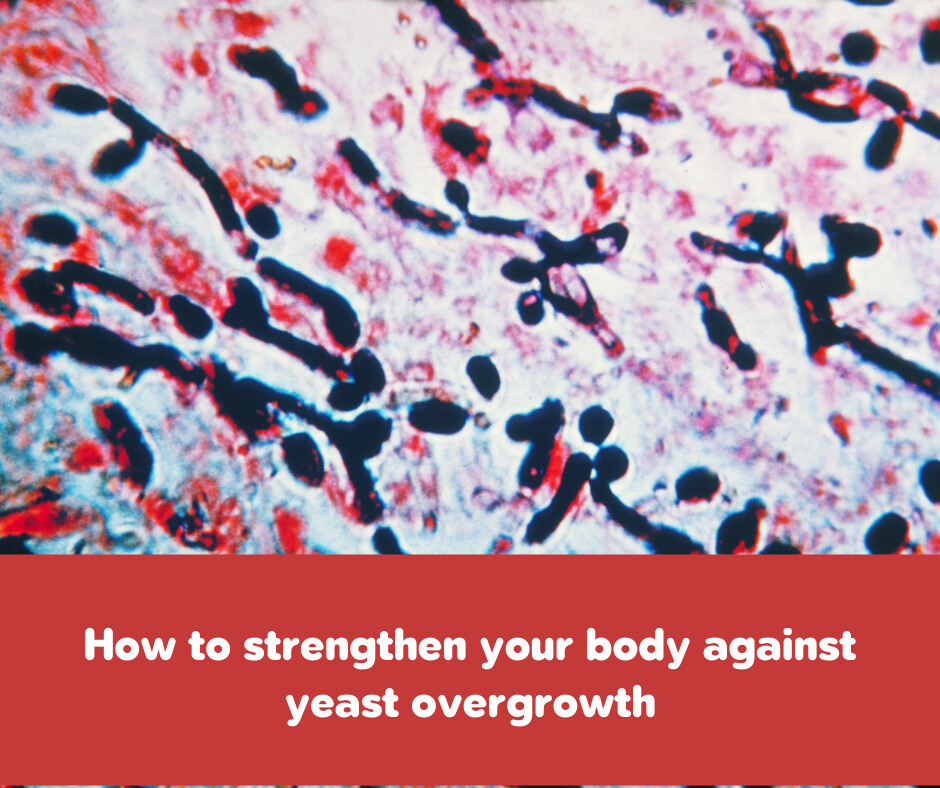
Yeast infections, whether vaginal or on the skin, most often occur because of a shift the your bacterial ecosystem. Vaginal yeast infections, and thrush are just some of the visible symptoms of systemic fungal infestation. While at times, yeast infection can be treated locally, the underlying problem of systemic candidiasis may still remain unless specific dietary and health practices are used.
This shift in balance can be caused by a variety of reasons, including:
1. Taking Antibiotics
Although often necessary for serious medical treatments, one side effect of taking antibiotics is that they kill all bacteria, including the good kind, which can allow fungus to spread out of control.
2. Changing Estrogen Levels
A shift in hormones is another common way your body’s bacterial environment is affected. Estrogen levels shift around your menstrual cycle, during pregnancy and menopause, and if you take birth control or other forms of hormone therapy.
3. Chronic Disease
Chronic health conditions or viral infections can also trigger a yeast overgrowth. These can be far-ranging and different on a case-by-case basis, but often include insulin resistance, pre-diabetes, diabetes, or any condition that weakens your body’s immune system.
The best way to balance the body to discourage overgrowth of Candida utilizes an integrative approach that incorporates all the following:
- reduce the need for antibiotics - consider instead using an essential oil that has antibacterial properties
- anti-fungal -consider instead using an essential oil that has anti-fungal properties, I recommend that people find a way to incorporate them into their daily routine
- low-carb/high protein diet- at minimum I recommend avoiding gluten (and grains like wheat and corn), dairy (ghee can be substituted for butter), sugar, difficult-to-digest starches like potatoes, and high sugar fruits. Gluten and dairy are gut irritants, and the more you can reduce sugar, the better.
- assess nutritional deficiencies and supplement accordingly. For example, chromium helps your body manage blood sugar properly, and other nutrients also have a role. I frequently have people take a comprehensive multivitamin or a vitamin pack like Master Formula
- antioxidants- Studies have shown that Curcuma longa completely inhibits the growth of candida. Turmeric is available in capsule form, but I use a powdered form that makes a great latte called Golden Turmeric
- colon cleansing- once yeast die, you want to move them out quickly, candida often colonizes the colon
- digestive enzymes- may help with elimination. Most people with a Candida problem are deficient in digestive enzymes. The enzyme formulas Allerzyme, Essentialzyme and Essentialzyme-4 contain beneficial essential oils, and don't contain gluten, dairy, or other unwanted additives as many over-the counter products do.
- stress management- elevated cortisol leads to the release of glucose, which allows the yeast to multiply. When you experience stress, it releases sugar into the bloodstream, which feeds the yeast. It also weakens the immune system and degrades gut health. CortiStop is designed to address the way we react to the cortisol produced when under stress.
- Vitamin C helps in several ways: First, it provides support to your adrenals, which are crucial for stress hormones and blood sugar regulation. Second, Vitamin C boosts your immune system. Super C is one of the rare corn free Vitamin C supplements.
- Take vitamin D daily to maintain healthy levels to support your immune system. Super Vitamin D
- Life 9 is a highly potent probiotic with 17 billion live cultures from nine beneficial bacteria strains to promote normal intestinal function. Repopulate the good bacteria to restore balance
How Can Essential Oils help Yeast balance?
Many essential oils have antibacterial, antiviral, or anti-fungal properties and are received by the body just like any nutrient consumed in your food. Used topically, they are absorbed by the skin and can penetrate cell walls within 20-30 minutes after application.
Since essential oils are very concentrated, you’ll want to dilute the oil before application in order to avoid irritating an already sensitive area of your skin.
Also keep in mind that not all essential oils are created equally. Although most essential oils sold in stores smell just as strong as their competitors, you’ll need to do your research in order to get high quality oils if you intend to use them for medicinal purposes. Depending on the manufacturer and distillation process, the medicinal properties of the plant may or may not have carried through to the oil sold on the shelf. Likewise, the oils may have been mixed with other compounds or synthetic chemicals, which can change an oil’s effectiveness at treating wounds or infections. Below I have included links to the brand I recommend my patients use.
- ½ cup Castile Soap (unscented is preferred)
- 1 Tablespoon Vegetable Glycerin
- 1 Tablespoon carrier Oil
- 10-20 drops Essential Oils (You can use any of the above anti-fungal oils, but my favorite is 10 drops Geranium and 10 drops copaiba)
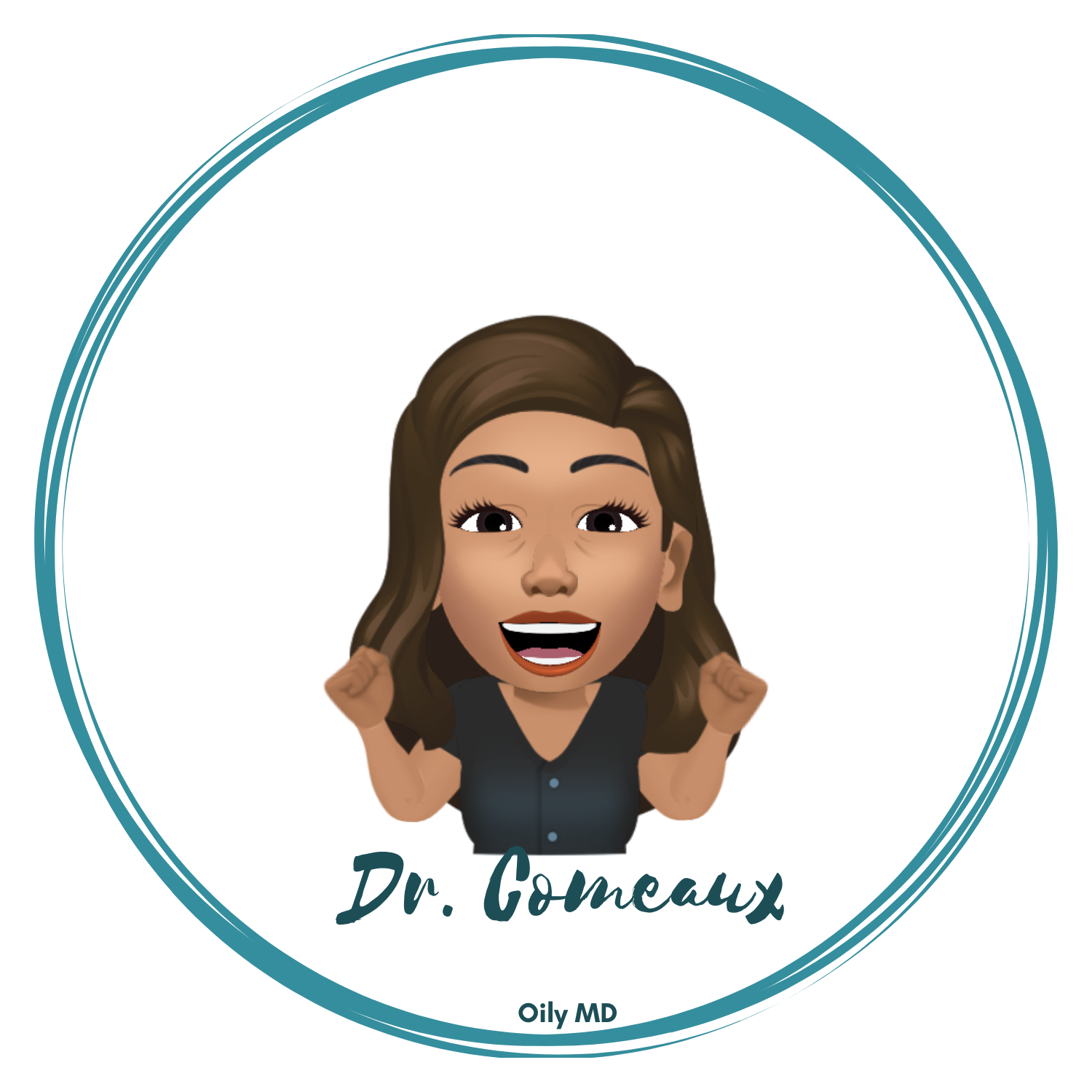



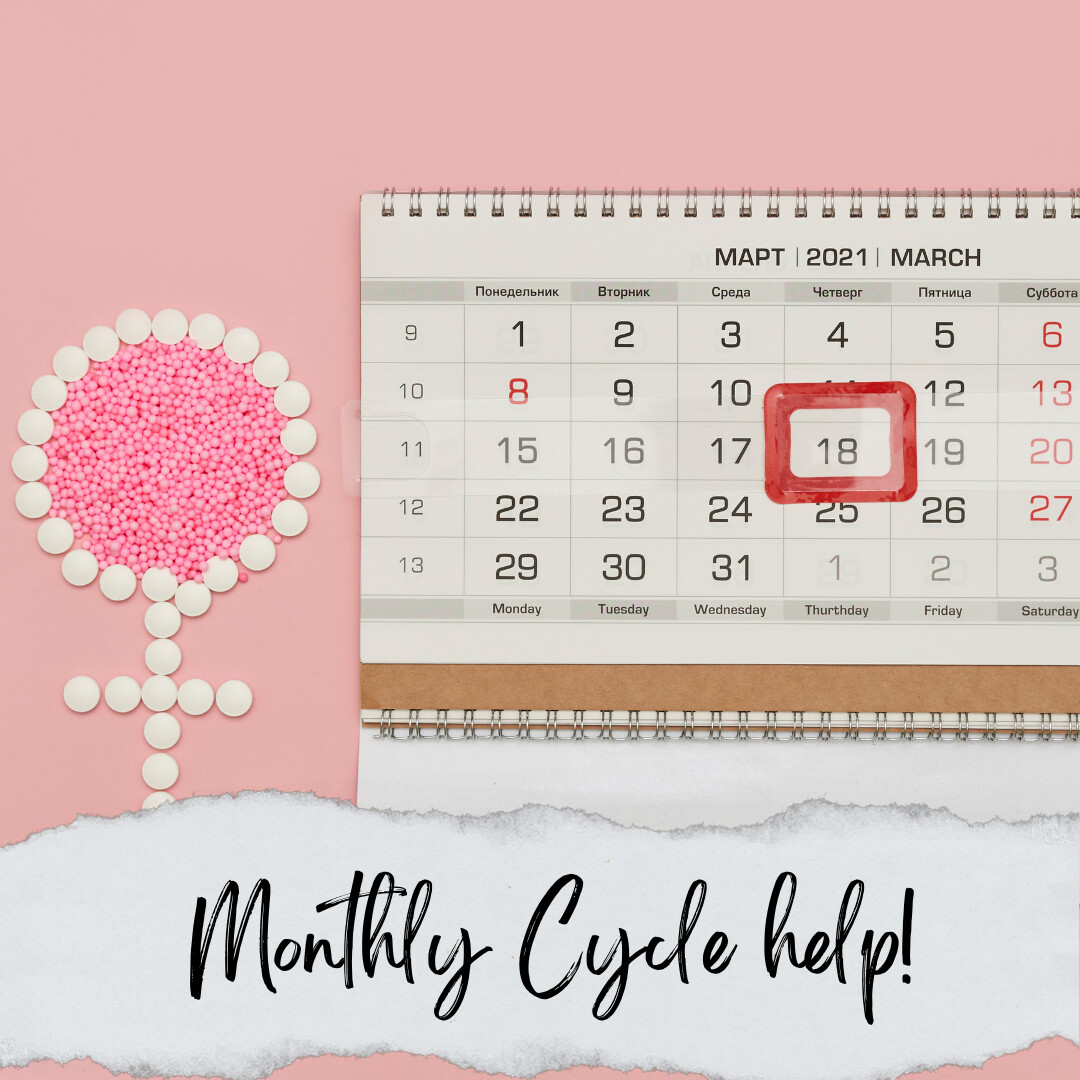
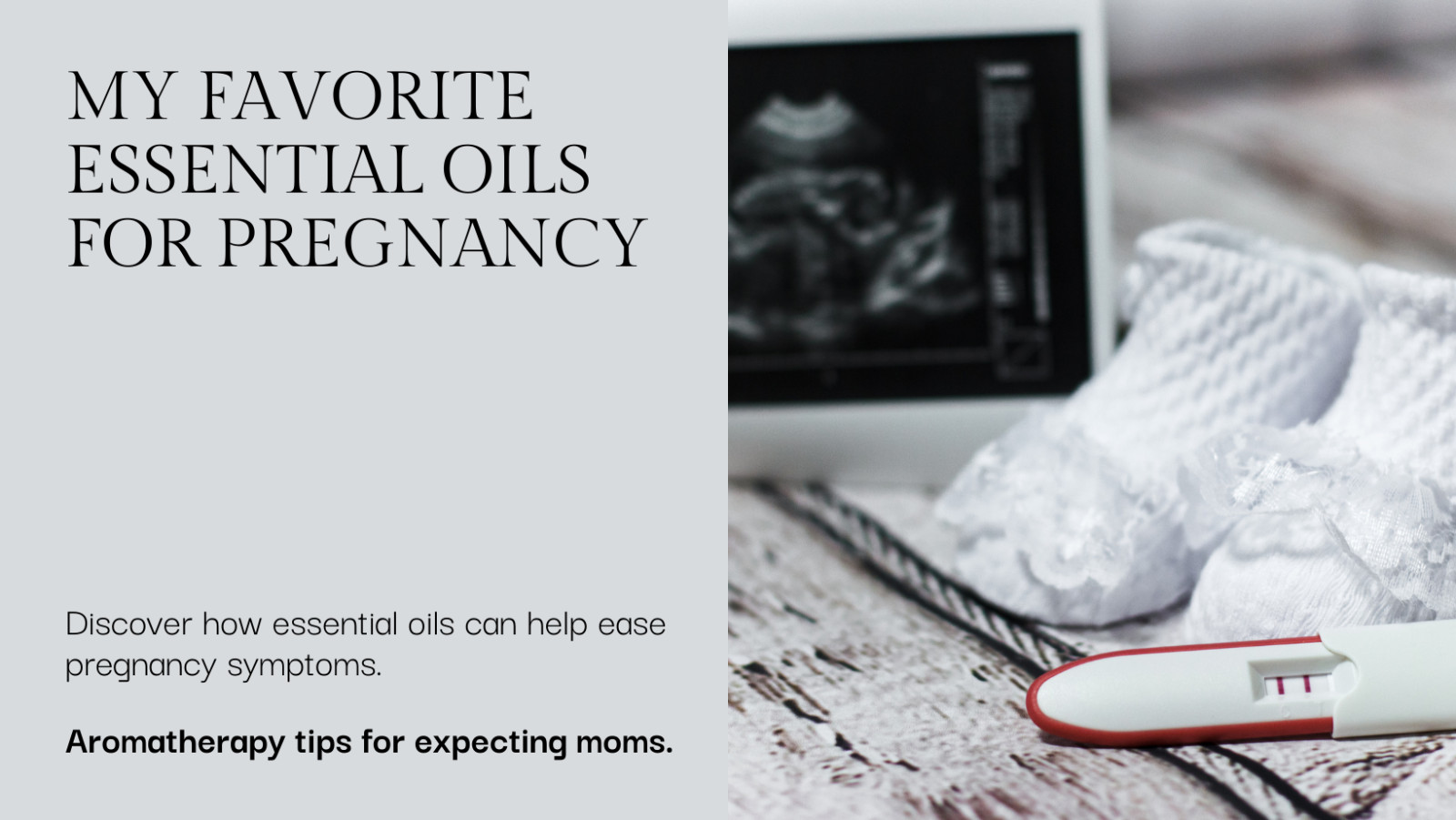
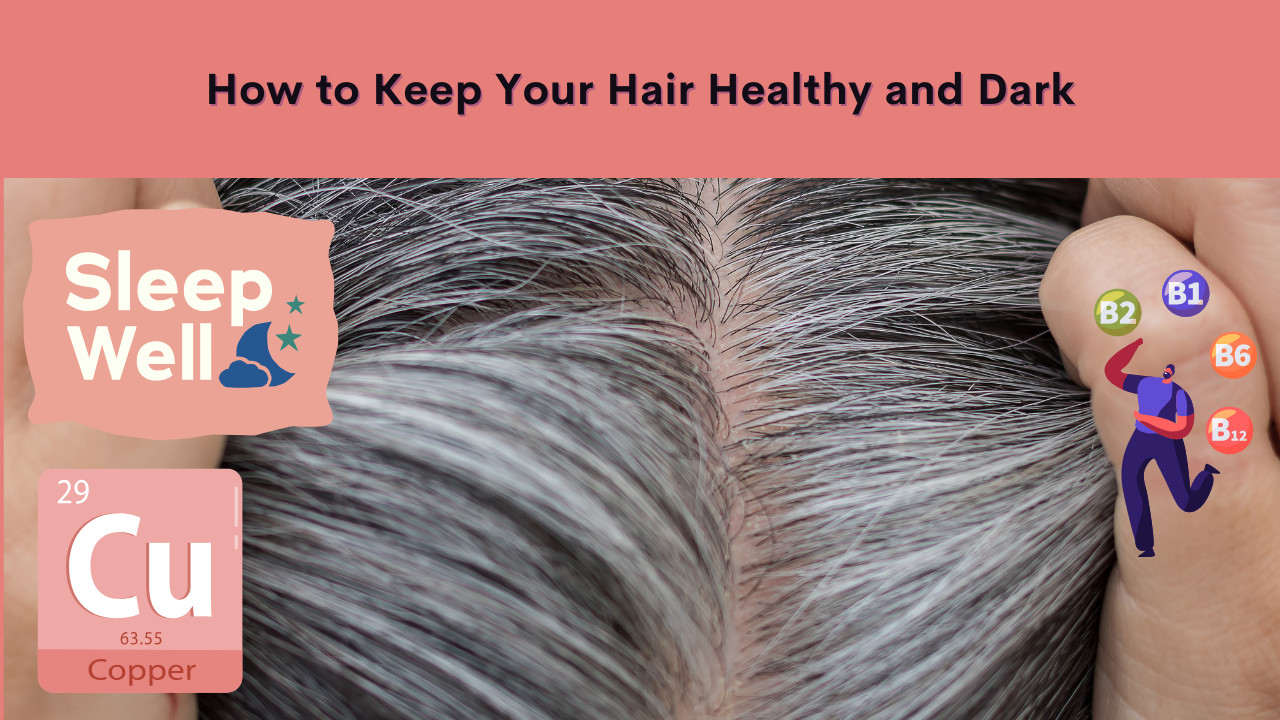

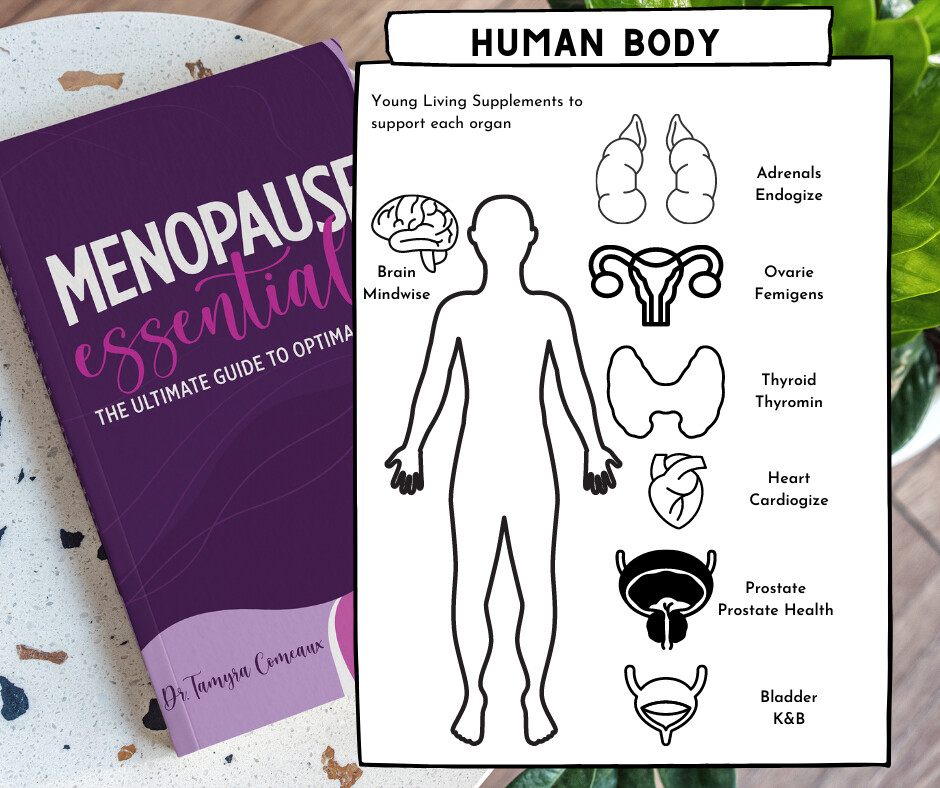
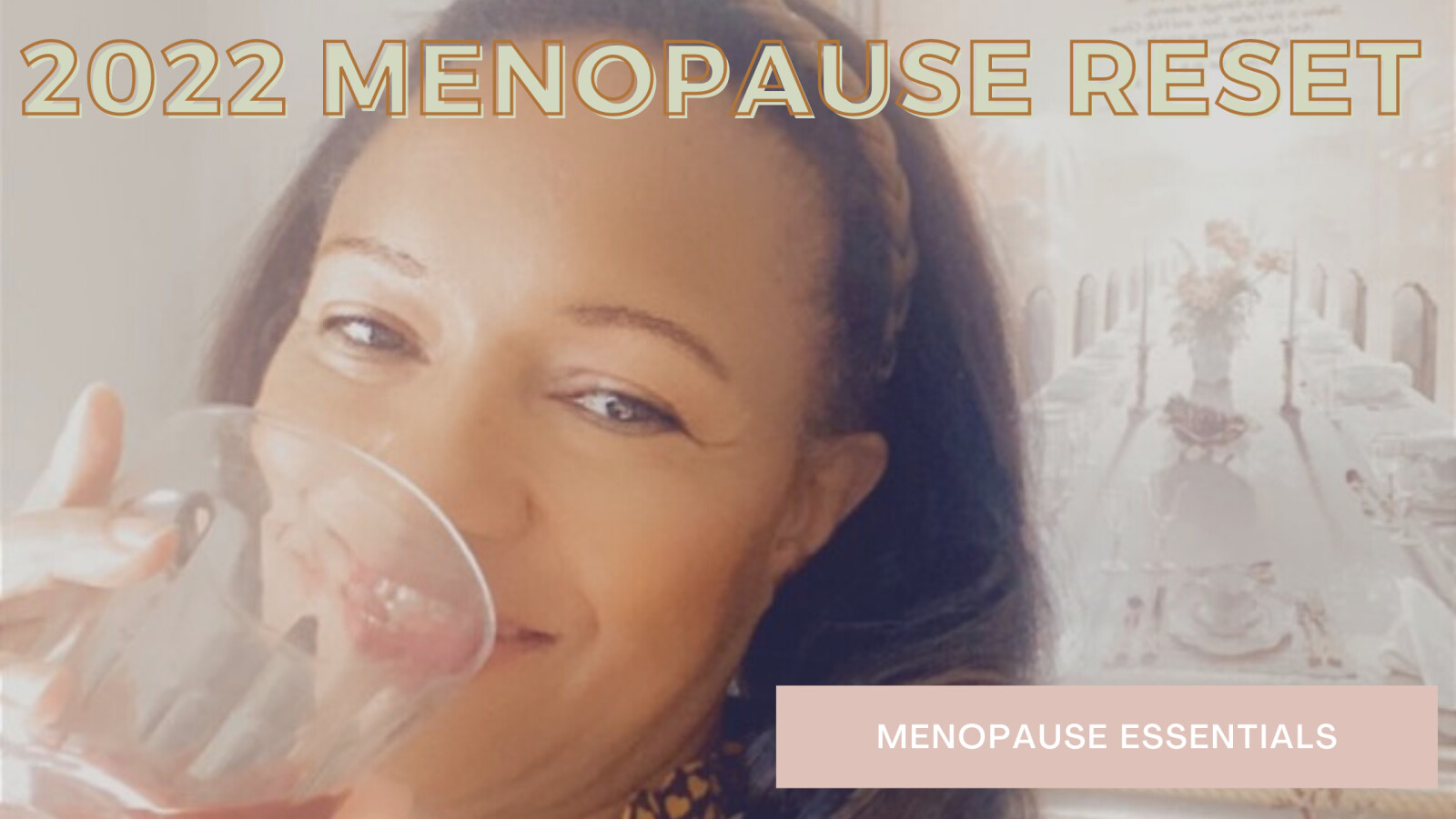
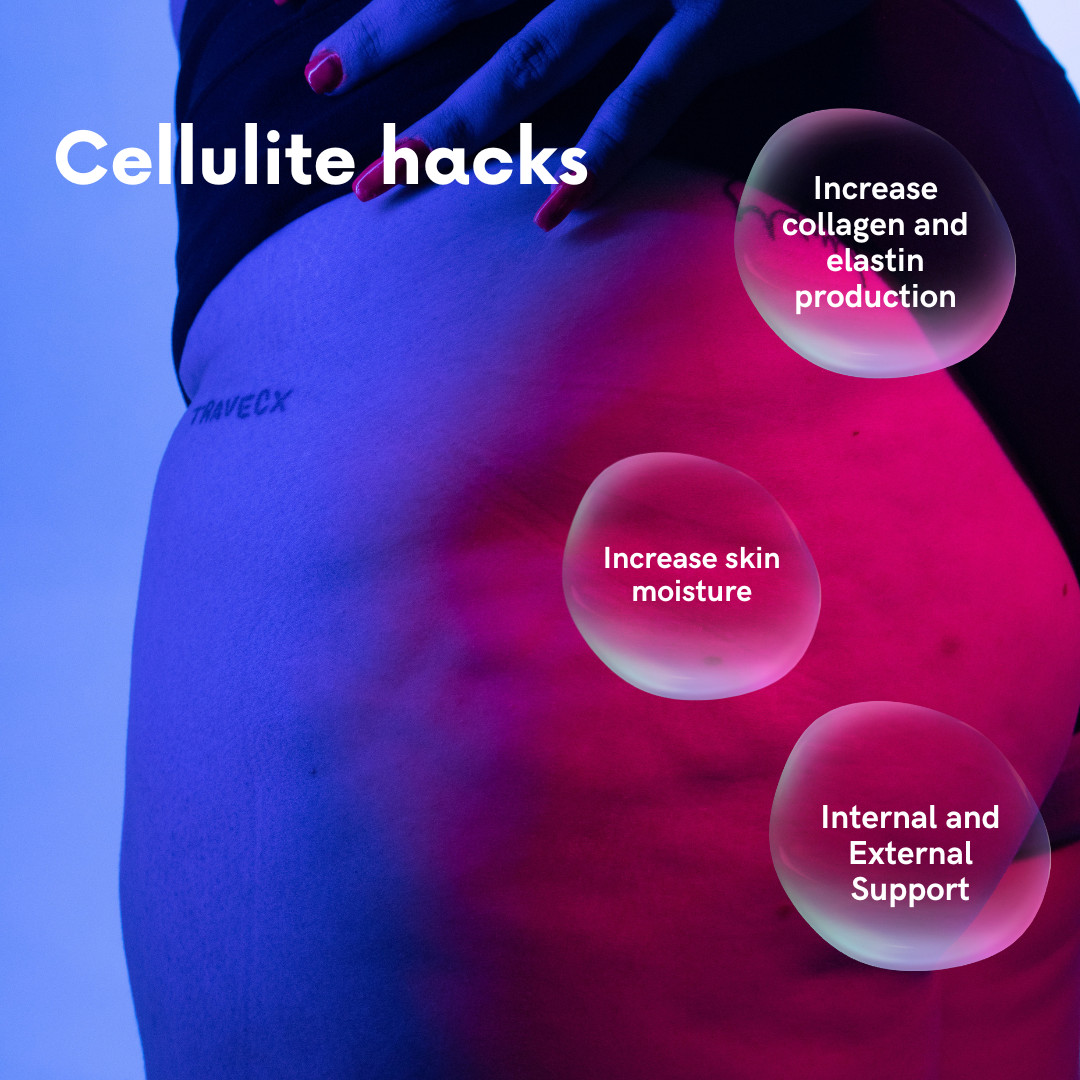
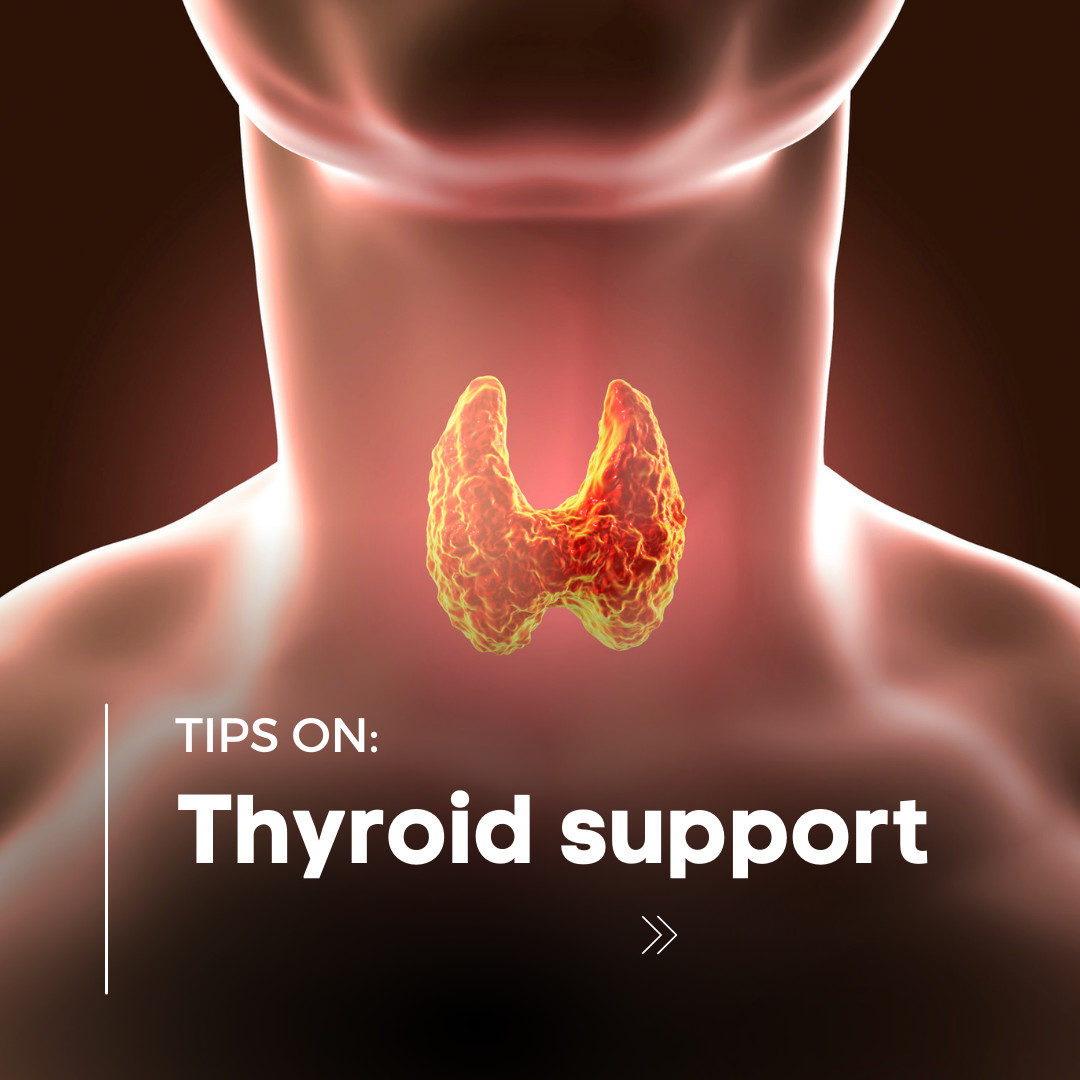
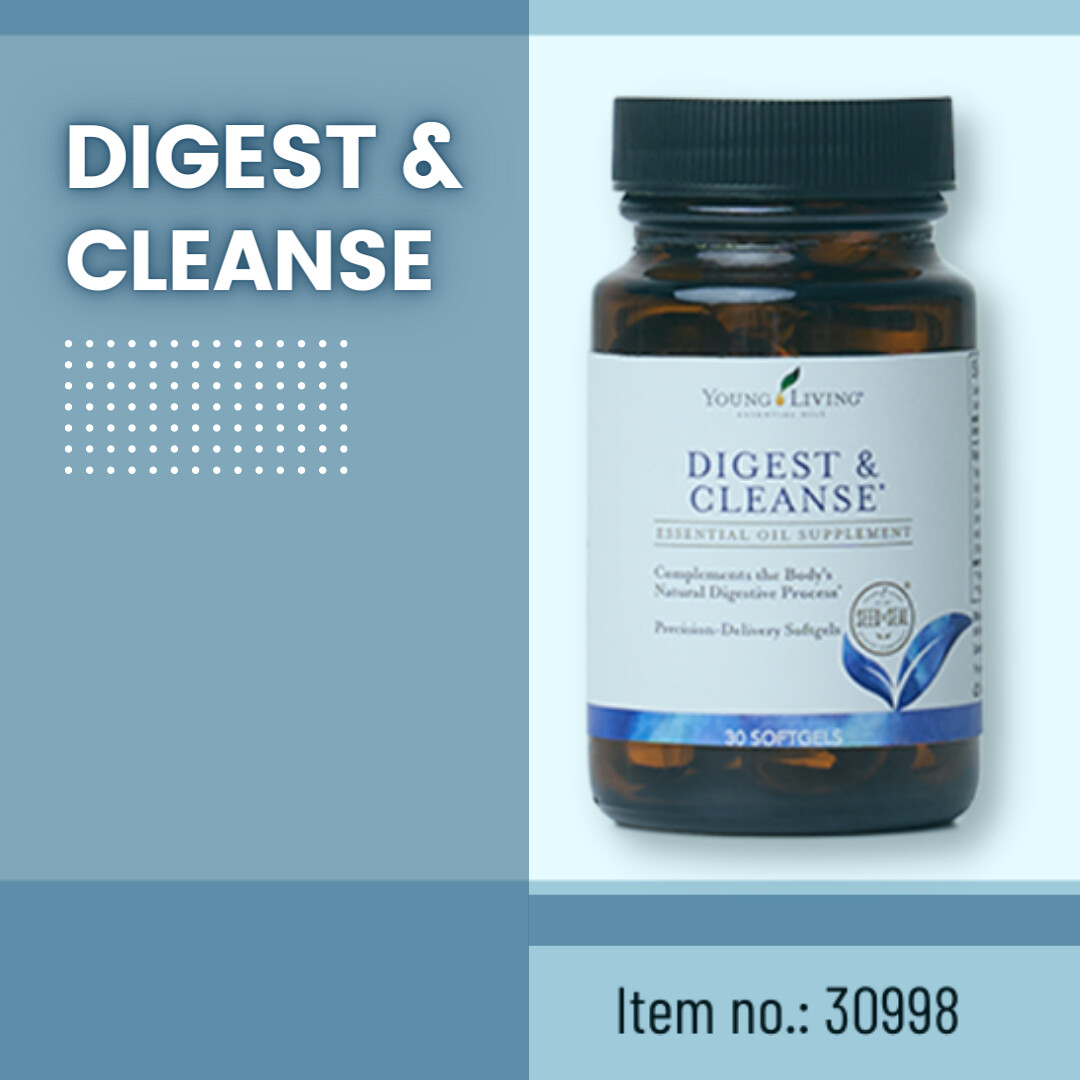
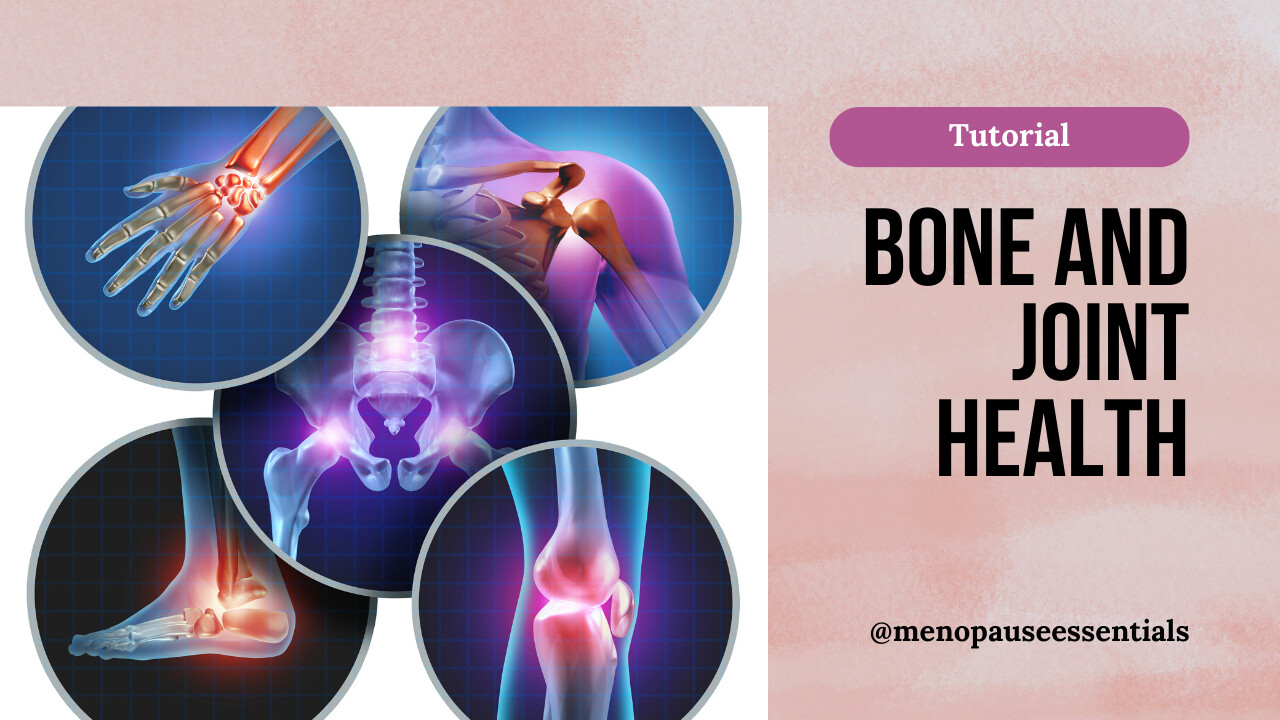

0 Comments